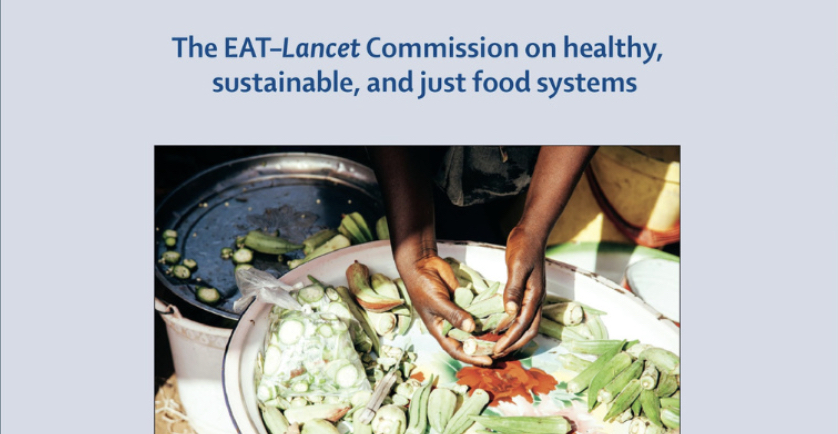New EAT-Lancet Commission report

Healthy, sustainable, just food system in today's world
Last week the EAT-Lancet Group Commission released its Report on Healthy, Sustainable and Just Food systems, presenting the most comprehensive global scientific evaluation of food systems to date.
The report highlights that healthy, sustainable diets should draw most fats from unsaturated plant sources such as olive, rapeseed/canola, soybean, sunflower, and nuts, while minimizing animal fats (butter, lard, tallow) and saturated tropical oils (palm, coconut).
Nutritionally, replacing saturated with unsaturated fats lowers LDL cholesterol and reduces risks of heart disease, diabetes, and mortality, while plant-based fats also provide essential omega-3 and omega-6 fatty acids absent in animal fats. From a sustainability perspective, plant oils are far more resource-efficient and climate-friendly than animal fats, which carry very high greenhouse gas and land footprints (especially butter), though palm oil poses serious deforestation and biodiversity risks. The Planetary Health Diet therefore sets clear targets: about 40 g/day unsaturated plant oils, but only 5-6 g/day from animal fats and palm/coconut oils combined.
In short, shifting from animal to plant-based fats—while ensuring deforestation-free, sustainable oil production—improves both human health and planetary health.
Margarine and plant-based spreads are a good choice fitting perfectly in the Planetary Health Diet!
